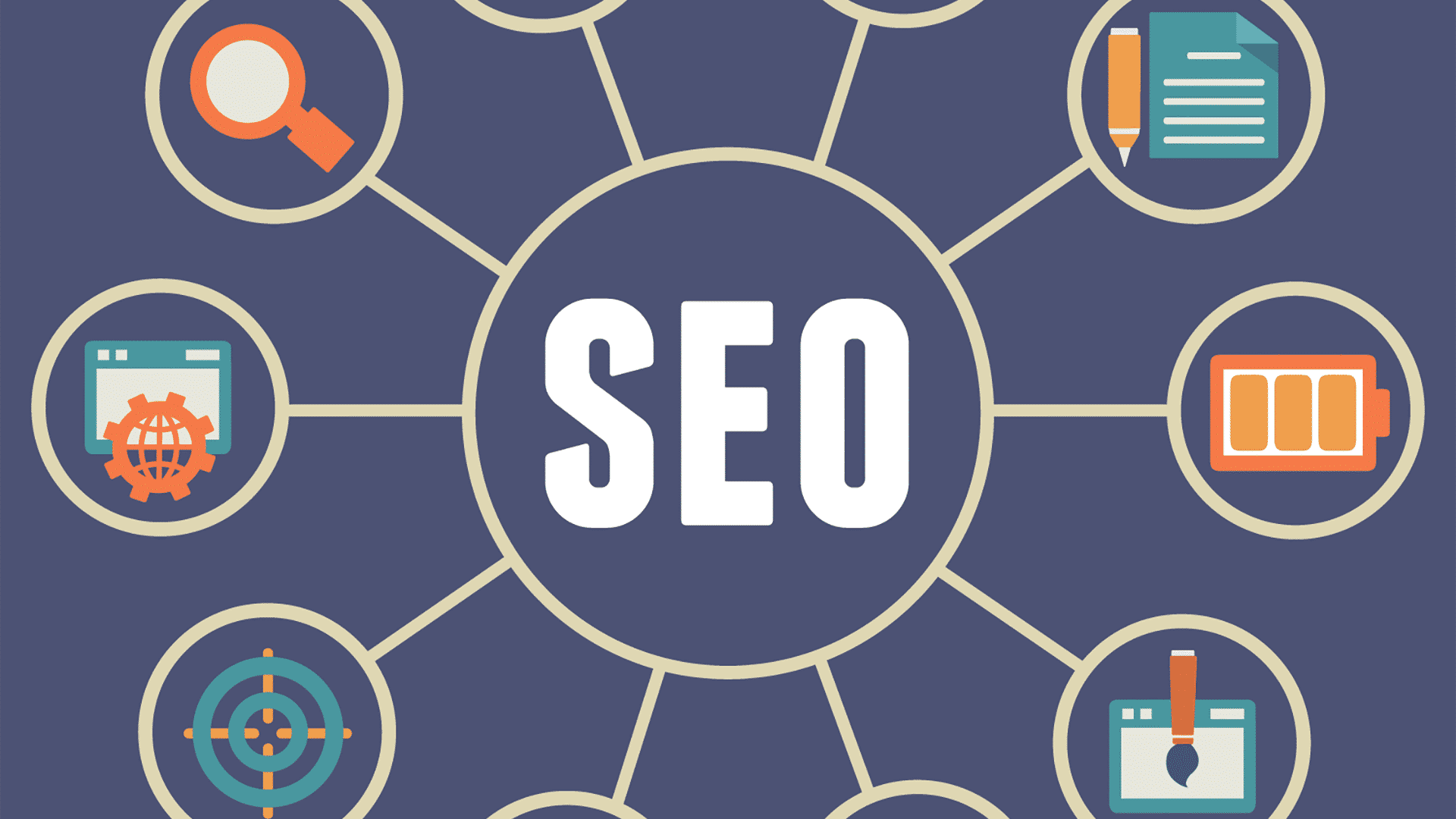Would you like to understand what SEO is and how it works? If you want to learn more about SEO in marketing and think about how you can apply it to your business, we have created this brief guide to help you learn more about the importance of SEO, optimizing SEO, and SEO in marketing. With this document, you will be able to define SEO and get long-term results.
What is SEO?
One of the biggest questions we get from our clients at Metanoia is: what is SEO and how does it work? Search engine optimization (SEO) can be a little daunting for companies that are building a website for the first time or are in the process of redesigning their website. A simple definition of SEO can be turned into an effective process that creates long-term success. Even companies without experienced SEO staff can start making positive changes to their search engine optimization. With a little SEO knowledge, you can improve your brand's search engine ranking in a short time.
How does SEO work for marketing?
While the importance of SEO and SEO in marketing may seem complicated due to the many factors that affect rankings, the process of search engine optimization is easier than you might think. Search engine optimization can bring many benefits to your business: by improving your SEO, you can increase your visibility on search engines. you can learn SEO courses online and physically you can visit burraq academy allows you to reach and engage more potential customers. Creating more engaging and SEO-friendly content can increase your chances of attracting more targeted organic traffic.
Tailoring the site
Tailoring the site and its content to be more visible and readable can make SEO sense – don't settle for lower rankings when you could be higher in the SERPs.You can make SEO sense by adjusting your site and its content to make it more visible and readable; don't settle for lower rankings when you could be higher in the SERPs; don't settle for higher rankings when you could be higher in the SERPs.
Content marketing
Before discussing some on-page and off-page SEO factors, let's discuss content. Content is effective for both appealing to search engines and connecting with site visitors; SEO skills can be further enhanced by visual and written content. The more relevant and quality content a site contains, the more likely search engines are to rank that page higher in the search results pages. Similarly, the more engaging and effective the content, the more likely visitors are to spend more time on the site and possibly make a purchase. The secret to creating content that is optimized for both search engines and site visitors is to create a variety of well-written, different types of content, covering the topics most relevant to your audience.
Optimizing on-page SEO
On-page SEO elements are those elements present on your website. These are things that you have complete control over, meaning that you can follow SEO best practices and work to improve these factors over time. This goes beyond just content marketing and includes a deeper level of the website's HTML code.
Optimizing off-page SEO
In addition to the on-page SEO elements that your organization controls, there are also off-page SEO factors that can have an impact on your ranking. While you have no direct control over these off-page factors, there are ways to improve your chances of having these factors work in your favor. (But more on that later!) .Here are some off-page SEO factors that can impact your search engine rankings.
Trust is an increasingly important
Trust is an increasingly important factor in a site's ranking on Google. This is how Google determines if you have a legitimate site that visitors can trust. One of the best ways to improve trust is to build quality backlinks from authoritative sites.
Off-page SEO is through the use of backlinks
Links – One of the most popular ways to build off-page SEO is through the use of backlinks. You need to be careful here as spamming sites with your links is a quick and easy way to get your site banned from search engines. Instead, take the time to build relationships with influencers and fans who create quality content and will link to your site in their own content.
Boosting SEO
Social – Another important factor in off-page SEO is social signals, such as “likes” and shares. When it comes to boosting SEO, you need to look for quality shares from influencers. The more quality content you publish, the more likely you are to get people to share your content with others. While you have no direct control over what happens outside your organization, you can increase your chances of improving off-page SEO simply by creating quality content that others will find interesting.
The attention of more search engine users
By making your SEO meaningful, you can attract the attention of more search engine users. The more relevant and interesting your content is, the more likely others will link to it and share it on social networks. The more people trust your content, the more search engines will trust it too.






